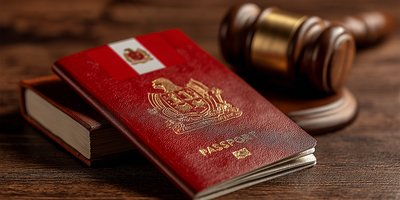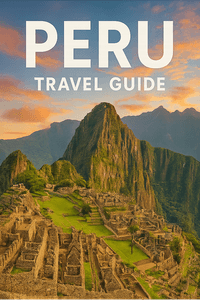The Wari Empire, flourishing from around 600 to 1100 AD in the highlands of Peru, is a significant chapter in the rich tapestry of Peruvian history. Known for its innovative urban planning and architectural prowess, the Wari established one of the first major empires in the Andes, paving the way for the later Inca civilization. The empire extended over a vast territory, including parts of modern-day Ayacucho and Cusco, with a network of roads connecting major sites.
Visitors to Peru, especially those journeying to the iconic Machu Picchu, can deepen their experience by understanding the influence of the Wari culture. Wari artisans were skilled in textiles and ceramics, leaving behind remarkable artifacts that are often displayed in local museums. The Wari also contributed to agricultural advancements, such as terracing and irrigation techniques, which can still be seen in the Sacred Valley today.
Travelers should consider visiting archaeological sites like the Wari ruins at Wari Pukara near Ayacucho and the site of Pikillacta, which showcase their unique architecture and urban planning. These sites provide a fascinating contrast to the later Inca structures found at Machu Picchu.
While exploring Cusco, be sure to visit the Regional Historical Museum, where many Wari artifacts are housed. This can provide valuable context for understanding the cultural evolution leading to the Inca Empire. Engaging with local guides can enhance your insight into the Wari civilization, as they often share stories and knowledge that connect the past with the present.
For those venturing towards Machu Picchu, consider adding a day to explore the Sacred Valley, where remnants of Wari influence are evident. Travelers should also sample local cuisine, which has roots in ancient agricultural practices initiated by cultures like the Wari.
In summary, learning about the Wari Empire enriches your travel experience in Peru, offering a deeper appreciation of the history and cultures that shaped this beautiful country. Plan your trip wisely to incorporate visits to Wari sites and gain a broader perspective on Peru's ancient civilizations.












